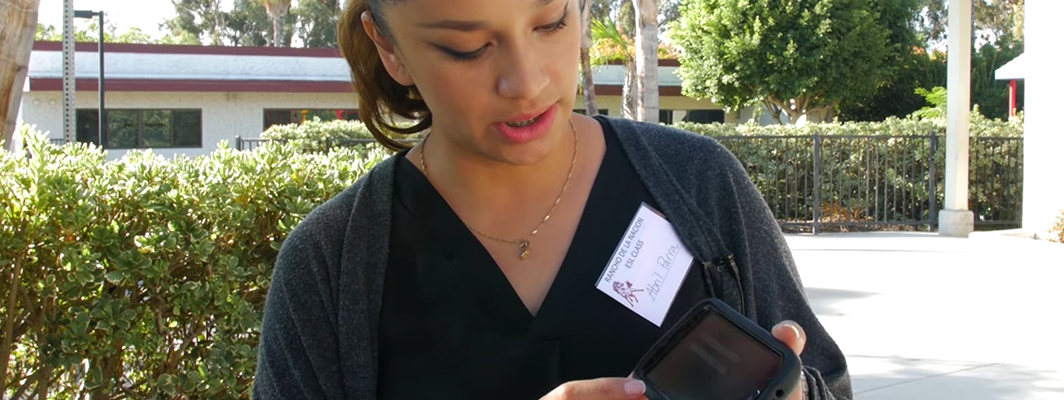
January 23, 2018 | By Vinod Lobo
The obvious solution is to somehow adapt the K-12 tech programs to the adult market, thereby getting a “two for one” and avoiding costly R&D. But this effort has been stymied by a combination of forces:
As a team in the Barbara Bush Foundation Adult Literacy XPRIZE competition, which challenged teams to create mobile apps that result in improved literacy among low-skilled adult learners, Learning Upgrade needed to address these forces head-on. The fundamental changes we made, which has since allowed us to serve both K-12 and adult markets with a single program, can be incorporated by other developers looking to help these adult learners.
To scale a product, one of the first and most important decisions is to pursue a “universal lesson design” that would work for children and adults alike, including special needs students and English language learners. The lessons could be arranged in different sequences for different needs, but each lesson would be able to teach that topic to any audience.
The key to a universal lesson design is to incorporate fun and excitement. What everyone wants, young or old, is to enjoy learning. The challenge is to avoid lesson styles that seem too childish or too boring. But, we have found that adults enjoy game-oriented lessons that are filled with songs, video, and rewards.
Another important decision is to allow adults to place themselves into the level of learning they feel comfortable, and have more flexibility navigating lessons. In our case, we added placement tests and self-selection of grade level learning. We also opened up our courses so adults can jump around the lessons in any order, rather than moving through them sequentially. The result is a comfortable environment for adult learners, which still uses the same universal lessons.
Finally, developers should consider building mobile platforms for adult learners. Over 80 percent of low-income adults now have smartphones, a number that rises every year. With smartphones, adults can learn anywhere, anytime, and adult literacy programs don’t have to be limited by their own computers and staff.
The combination of universal lesson design, a flexible adult-friendly course format, and smartphone deployment has allowed Learning Upgrade to serve the adult education market and K-12 with one product. I encourage other publishers to embark on a similar journey, so that adult learners can have a wealth of new programs that are engaging, interactive, and fun.
By Elliott Barnes and Sara Mungall